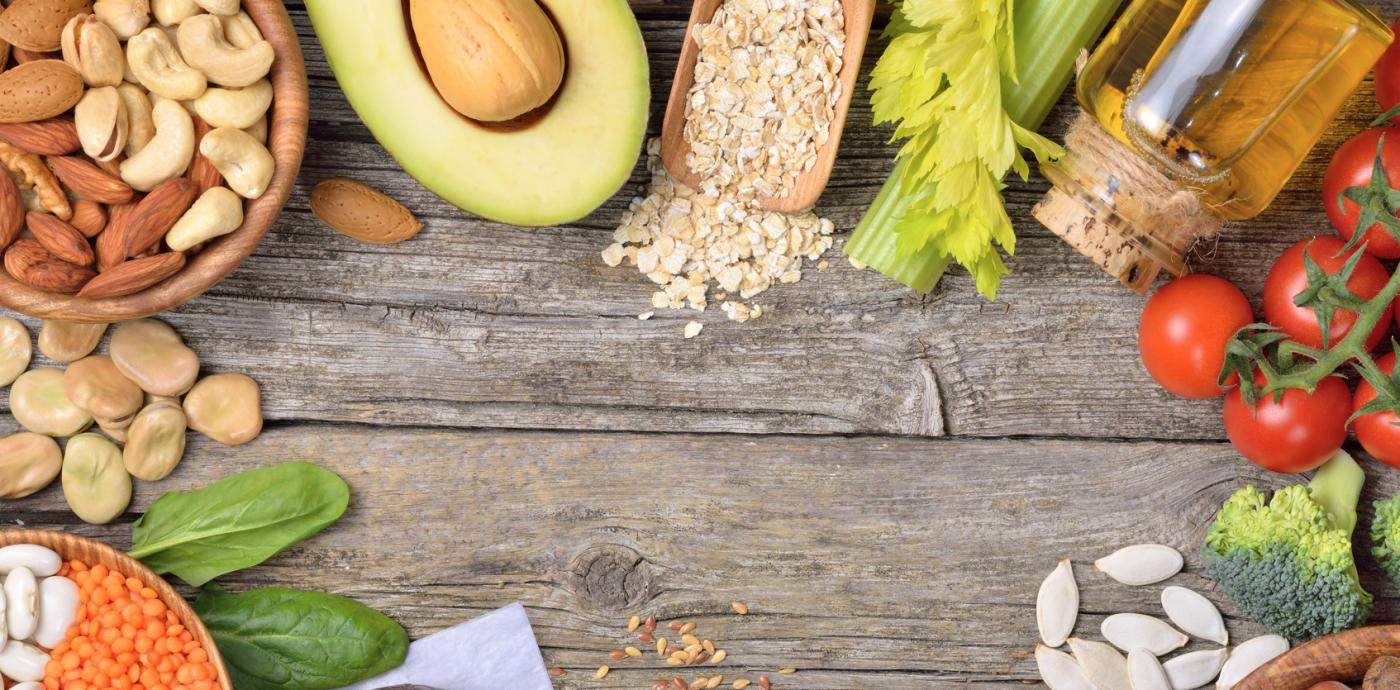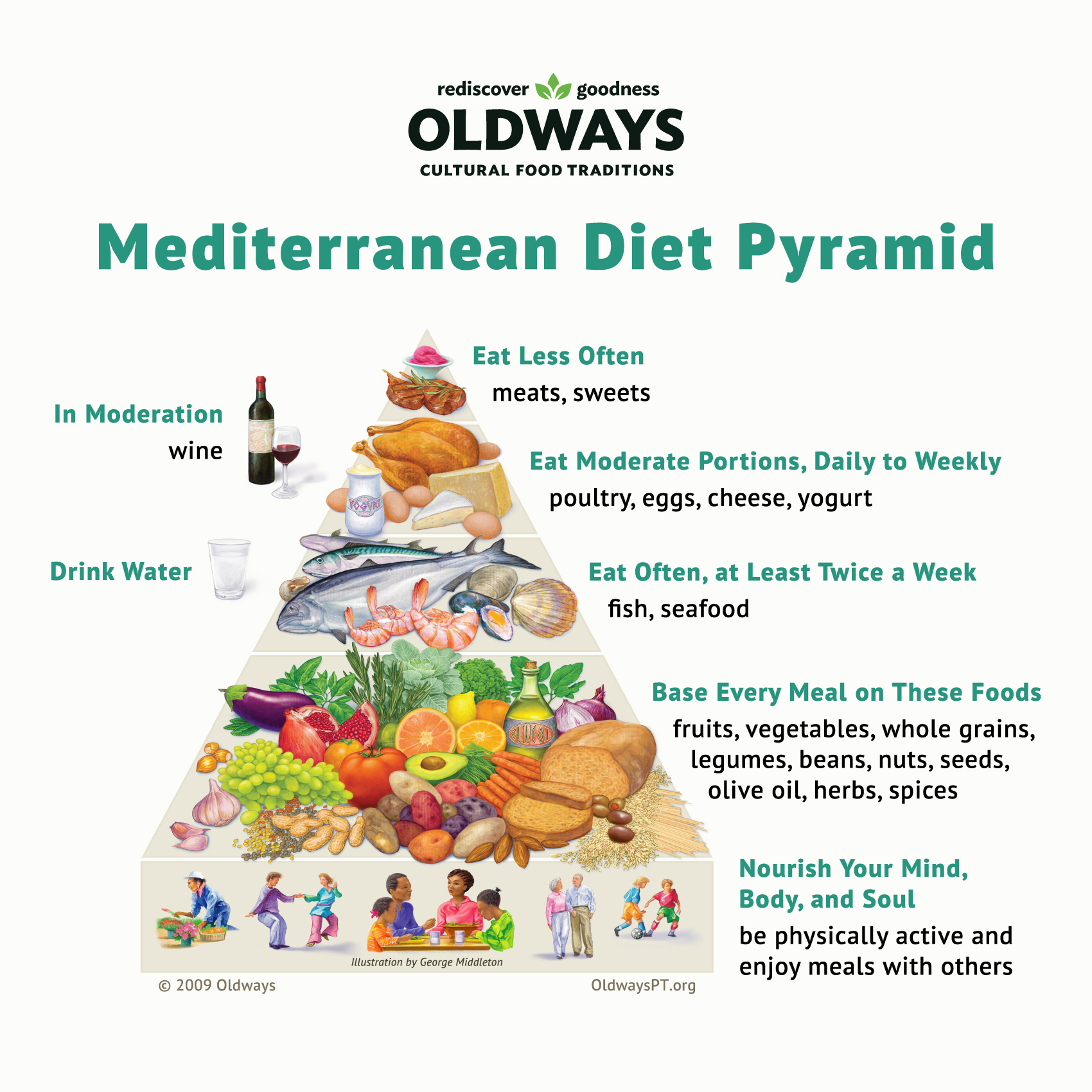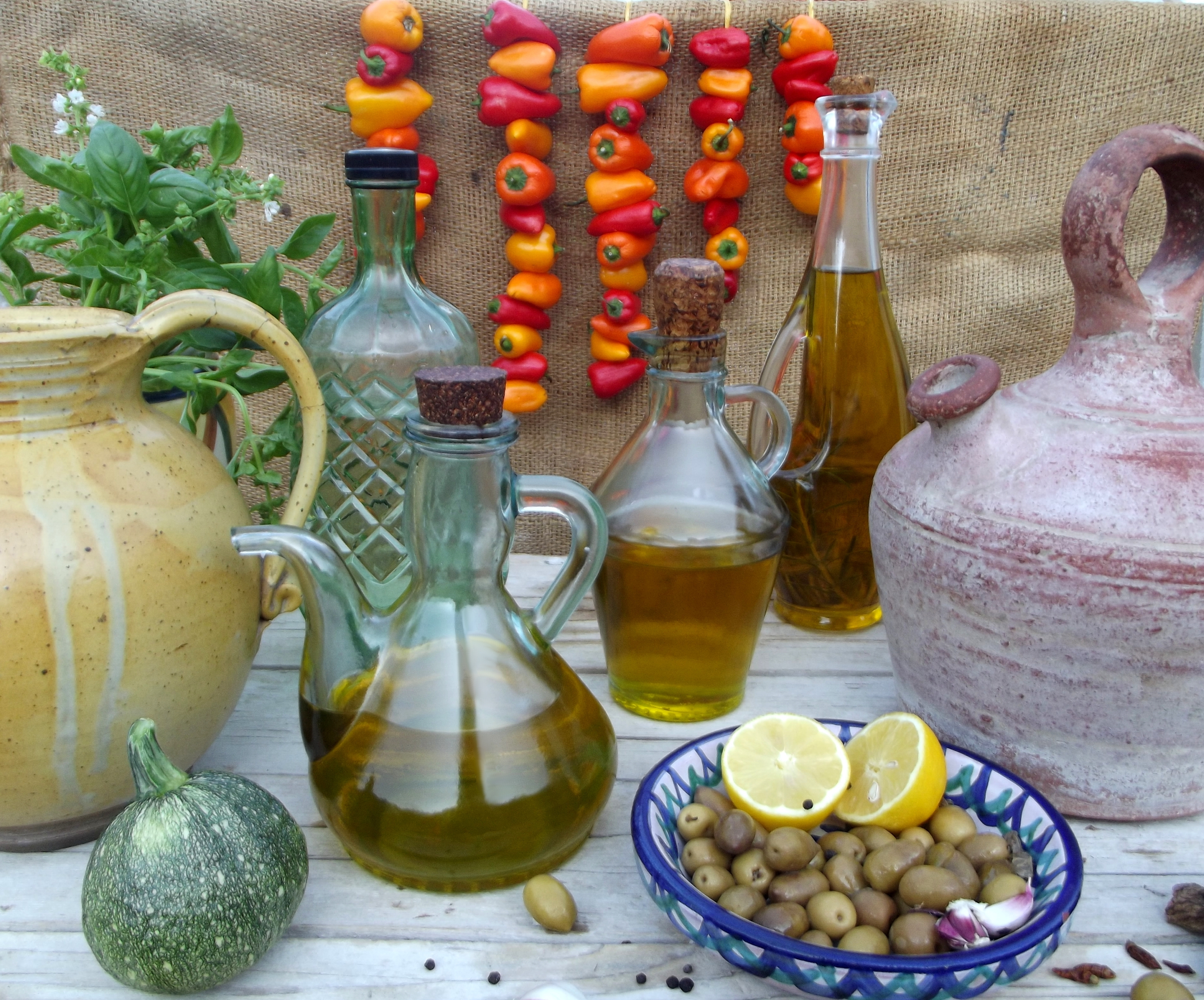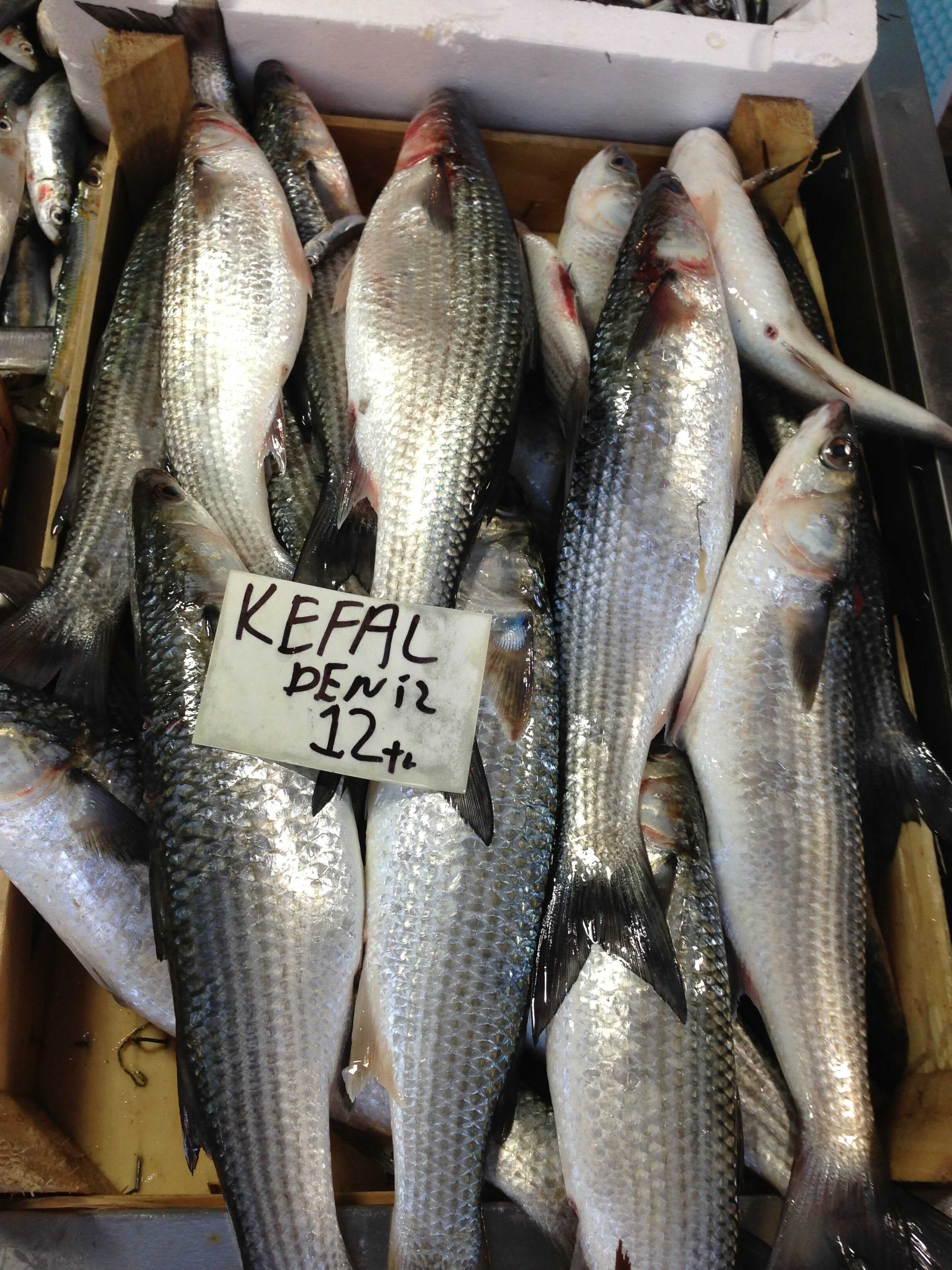Share This
It’s been almost 30 years since Oldways and the Harvard School of Public Health introduced the Mediterranean Diet Pyramid. It was a time of fat phobia, when many people were persuaded to eat no- or low-fat foods, many of which were high in refined carbohydrates, sugar, and calories.
In 1998 and 2000, Oldways and the Harvard School of Public Health continued our leadership in helping people better understand nutrition science by gathering scientists from the United States and Europe to make presentations on dietary fat, leading to two Consensus Statements on Dietary Fat. The Statements, published in the American Journal of Medicine, with Frank Sacks, MD, of the Harvard School of Public Health and Harvard Medical School, as the guest editor, concluded:
“Diets high in fruits, vegetables, legumes, and whole grains, and that include fish, nuts and low-fat dairy products need not be restricted in total fat as long as there is not an excess of calories, and the diet is low in saturated fats and partially hydrogenated oils. The traditional Mediterranean Diet, in which olive oil is the principal source of fat, encompasses these dietary characteristics.”
Even though many years have gone by and this low- and no-fat myth has long been busted—all fat IS NOT created equal— consumers remain confused about fat.
In 2019 one of the country’s best hospitals for cardiac care, the Cleveland Clinic, conducted a survey that was part of their “Love Your Heart” consumer education campaign. They found that almost half (45%) falsely believed that all types of fat put people at equal risk for heart disease.
It’s time to put questions about fat behind us. Scientists and doctors agree. It’s the type of fat that matters. Healthy Mediterranean fats are the ones to use, and after all, they are healthy, delicious, and easy to use!
As the Mayo Clinic writes, “if you replace saturated and trans fats with unsaturated fats, such as monounsaturated fats (MUFAs) and polyunsaturated fats (PUFAs), you may gain certain health benefits.” In lay person’s language this translates to, “if you replace foods that have saturated fat (like butter) or trans fats (foods with partially hydrogenated oils) with monosaturated and polyunsaturated fats like olive oil, fish oils, tree nuts, peanuts, and avocados, you may reap a number of health benefits.” The Mayo Clinic also reminds us that “you can’t make unhealthy foods healthier simply by adding olive oil to them.” As we at Oldways like to say, “the Mediterranean Diet is a great way to put it all together.”
The importance of healthy fats is key to understanding and embracing the Mediterranean Diet. No surprise, we’ve written previously with a more detailed explanation of dietary fats, including MUFAs and PUFAs in the Mediterranean Guide to Healthy Fats.
One of the hallmarks of the Mediterranean Diet is extra virgin olive oil. It’s a heart healthy fat—a “good fat”—that helps to make Mediterranean cooking so delicious. Happily, there are a number of other healthy “good” Mediterranean fats that also contribute to great tasting, healthy Mediterranean dishes and meals: tree nuts, peanuts, fish oils, and avocados.
Extra virgin olive oil
Olive oil really is the heart and soul of the Mediterranean Diet. As Dr. Antonia Trichopoulou, renowned Mediterranean Diet expert and nutrition scientist from Greece wrote in The Oldways Table, “Over and beyond its intrinsic value, olive oil represents a vehicle (or delivery system) for high consumption of vegetables and legumes, plant foods that form the core of any healthy diet around the world.” In other words, olive oil is what makes the vegetables go down!
The intrinsic value, according to scientists and summarized by the North American Olive Oil Association, is “compared to other cooking oils, olive oil has the unique potential to deliver a one-two punch to reduce the risk of chronic and degenerative diseases from the potent polyphenol compounds found in extra virgin olive oil and the high percentage of monounsaturated fatty acids (MUFAs) found in all grades. As a result, olive oil consumption has been associated with everything from improved cholesterol levels to better mood to stronger bones.” The North American Olive Oil Association also has an interesting post about 12 surprising health benefits of olive oil, including healthy memory and brain function, weight loss, and 10 others.
For more information about extra virgin olive oil, Oldways has a wealth of olive oil information including:
- Olive Oil 101
- 12 Ways to Use Olive Oil;
- How to Buy Olive Oil video
- Plenty of recipes that use extra virgin olive oil
Tree Nuts and Peanuts
Mediterranean nuts—almonds, chestnuts, hazelnuts, pine nuts, pistachios, and walnuts—and peanuts are nutrient-dense foods that offer heart-healthy unsaturated fatty acids, protein, fiber, vitamins, minerals, and polyphenols (antioxidants found in plants). In the last 25 years, there have been many nutrition studies that have looked at the relationship between eating nuts and peanuts and reduction of chronic diseases such as heart disease and diabetes, as well as longevity. You need only look at the Oldways library of health studies around the Mediterranean Diet to see confirmation of these benefits.
Among tree nuts, walnuts contain a significant amount of alpha-linolenic acid (ALA), the plant-based source of omega-3 fatty acids, and provide protein, too. The California Walnut Commission (CWC) is on the same bandwagon as Oldways: changing people’s perceptions of dietary fats. As they write on their website, “fat is a word with multiple meanings. Despite the differences between body fat and dietary fat, over the years people have simply been told they are both bad. Research has uncovered benefits to eating dietary fats such as polyunsaturated and monounsaturated fats, found in foods such as salmon, walnuts and avocados.” To help you put walnuts on your plate, check out Oldways 12 Great Ways to Use Walnuts or the joint project with the CWC, Five Mediterranean Meal Makeovers.
Loma Linda University professor and researcher Joan Sabate, MD, Dr PH, explains the health benefits of peanuts in two of his studies on The Peanut Institute’s website, “When it comes to eating peanuts, peanut butter and peanut oil, the health benefits of peanuts are clear. Large population studies show that, when eaten in small amounts daily, peanuts reduce the risk of many chronic diseases (Sabate, 2006; 2009). Human feeding studies also show that peanuts help manage weight and many peanut vitamins are key nutrients (Sabate, 2006; 2009).” The National Peanut Board’s website quotes the Food and Drug Administration, “Replacing saturated fat with similar amounts of unsaturated fats may reduce the risk of heart disease. To achieve this benefit, total daily calories should not increase.” One serving of dry-roasted peanuts (30 grams) contains 12 grams of unsaturated fat, only two grams of saturated fat, and no trans fat.” Oldways also has a guide for 12 Great Ways to Use Peanuts and Peanut Butter, and with The Peanut Institute, we recently created Mediterranean Plates of Expression— Spanish, Italian, Greek and Eastern Mediterranean meals featuring peanuts. Just look for peanuts in Oldways recipe search.
Fish and Seafood
The benefits of omega-3 fats are another case where the type of fat is important. There are three main omega-3 fatty acids. Eicosapentaenoic acid (EPA) and docosahexaenoic acid (DHA) are most abundant in fish and shellfish, while alpha-linolenic acid (ALA) is found principally in plant oils such as flaxseed and walnut. Fish such as tuna, herring, sardines, anchovies, and mackerel are rich in essential heart-healthy omega-3 fatty acids; shellfish and crustaceans including mussels, clams, and shrimp have similar benefits. Studies have found that eating oily fish can lower blood pressure and reduce fat build-up in the arteries. Interestingly, fish oil supplements have not been shown to have the same protective benefits. Therefore, following the advice of the scientists who updated the Mediterranean Diet Pyramid in 1998, we recommend that you consume fish or shellfish twice per week on the Mediterranean Diet.
As the National Fisheries Institute notes on their website, “the latest Dietary Guidelines are in agreement. The Guidelines for Americans encourage families to eat seafood at least twice weekly because of its heart and weight benefits. The Guidelines also underscore the importance for pregnant and breastfeeding women to eat more seafood to improve babies’ health.” In addition to all the nutrients, consuming seafood provides of way of changing the type of fat away from saturated fat. Alice Lichtenstein, Dr.S, director of the Cardiovascular Nutrition Laboratory at the Tufts School of Nutrition explains this well: choosing fish “replaces major contributors of saturated fat, such as hamburgers.”
For more information, the most recent Fresh Friday addressed the health benefits of fish and seafood in more detail, and described a number of ways to cook them. We also suggested that you look for recipes through the Oldways recipe search, and check out these three in our 12 Great Ways to Use series: salmon, shrimp, canned sardines.
Avocado
While the avocado is not native to the Mediterranean (it is native to Mexico), it has become a familiar food in Mediterranean dishes. It is the only fruit that is a substantial source of monounsaturated fat, and is a naturally nutrient dense food with plenty of fiber, vitamins (C, E, K and B-6), folate, lutein and beta-carotene, among other benefits. The creamy, almost buttery texture of a perfectly ripe avocado pairs beautifully with the foods and flavors of the Mediterranean, from bright citrus, to hardy greens, to fresh herbs, and more.
Like many of our favorite foods, you can look to Oldways’ 12 Great Ways to Use Avocados and our recipe search function for scores of ways to enjoy this delicious fruit. Remember also that avocados can be an easy substitute for sources of saturated fat, such as butter or mayonnaise, in cooking.
Balance: While it’s tempting to enjoy each of these sources of healthy Mediterranean fat, balance is important. As Dietitian Ariana Cucuzza, RD, discussed on the Cedars Sinai Hospital website, “if you’re getting all of your healthy fat from avocados, you’re not getting all of the benefits from things like olives, olive oil, nuts and seeds. To maintain an overall healthy diet, variety is the key to get everything that your body needs.”
That brings us full circle back to the Mediterranean Diet. To follow this overall eating pattern, you will get the benefits of a mix of healthy fats, carbohydrates, and protein. To do so means enjoyment and great taste, plus an investment in your own good health, and that of your family and friends.
Look to the recipes in this Fresh Friday—they are good examples—and to any or all of the resources mentioned above. Happy cooking and eating!
Want biweekly Med Diet information and recipes in your Inbox? Sign up for our Fresh Fridays newsletter by clicking the Subscribe button at the bottom of this page!
Join the Make Every Day Mediterranean Club Facebook group for additional information and support.







Comments
Add a Comment